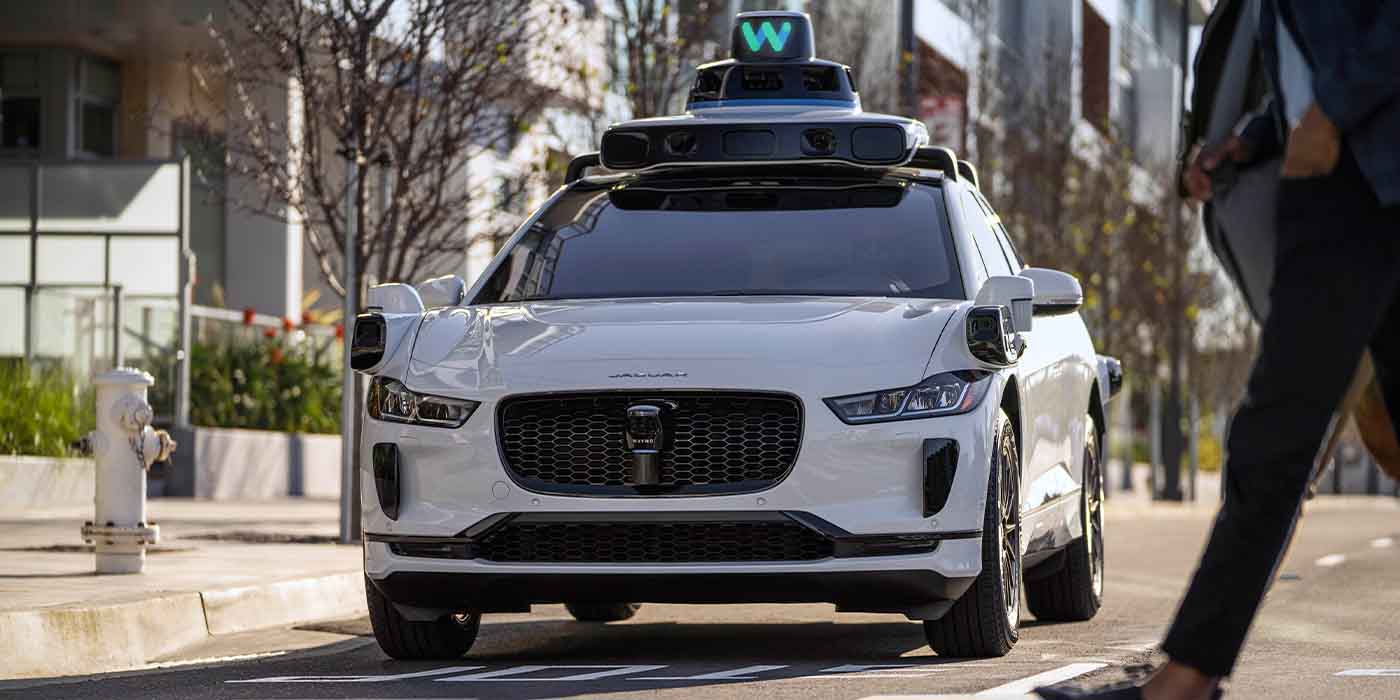
Alphabet Inc.’s autonomous driving unit Waymo is looking to expand its driverless robotaxi service in Los Angeles, where it is currently testing rides. Although, in light of the fallout from Cruise, it might not be smooth sailing.
Waymo, which already has a large fleet of robotaxis in San Francisco, hopes to procure a license in Los Angeles to operate and expand its service. Waymo has been testing its driverless white Jaguars in Los Angeles for about a year and rolled out a free “tour” last October offering rides in certain areas of the city to passengers as part of a promotion (reviewed here by Electrek‘s Jameson Dow). But now it wants to launch its full robotaxi service where riders can order and pay for rides via its app, as it does in San Francisco, and be allowed to ride in any part of the city.
On Friday, Waymo posted on X that it has applied for a license in Los Angeles and will continue working “with local policymakers, first responders, and community organizations.”
California, too, makes a prime location for the human-less fleet in that robotaxis are immune from receiving moving violations. California law enforcement can only write traffic violations to humans, not robots, meaning that autonomous vehicles operating in a driverless mode are only susceptible to parking tickets – although some activists and residents are looking to change that in light of the the accident involving a pedestrian getting dragged down a street by a Cruise robotaxi that failed to stop.
Waymo had said that it has a permit to operate 250 robotaxis in San Francisco, and that it deploys about 100 of them at any one time. The company also said that this month it would start testing its fully autonomous passenger cars without a human driver on freeways in Phoenix. It also is looking to expand to Austin.
Electrek’s Take
For Waymo, it’s hard to shake off the Cruise disaster. Although all things considered, Waymo has done pretty well for itself so far, and insists that its robotaxis are safer than human drivers. But it’s early days, and that data is very fresh. Neither Cruise or Waymo have reported any deaths involving their autonomous cars, but Waymo has tallied just over 7 million driverless miles, and Cruise having had logged 5 million miles before stopping operations. The National Highway Traffic Safety Administration states that humans, on average, cause one death about every 100 million miles driven.
Waymo too has had some problems of its own, mostly blocking traffic or refusing to respond to police orders to stop. One incident in San Francisco involved five Waymo vehicles stalling on one street due to dense fog; another involved a Waymo vehicle driving straight into an area where firefighters were trying to control a fire in May 2023. No one was hurt in either incident, but these are definitely red flags for regulators making determinations on whether or not the tech is ready for prime time. Los Angeles Mayor Karen Bass, too, hasn’t looked that favorably at autonomous vehicles and has asked regulators to increase their scrutiny of robotaxis, so it may be an uphill battle for Waymo.
FTC: We use income earning auto affiliate links. More.



Comments